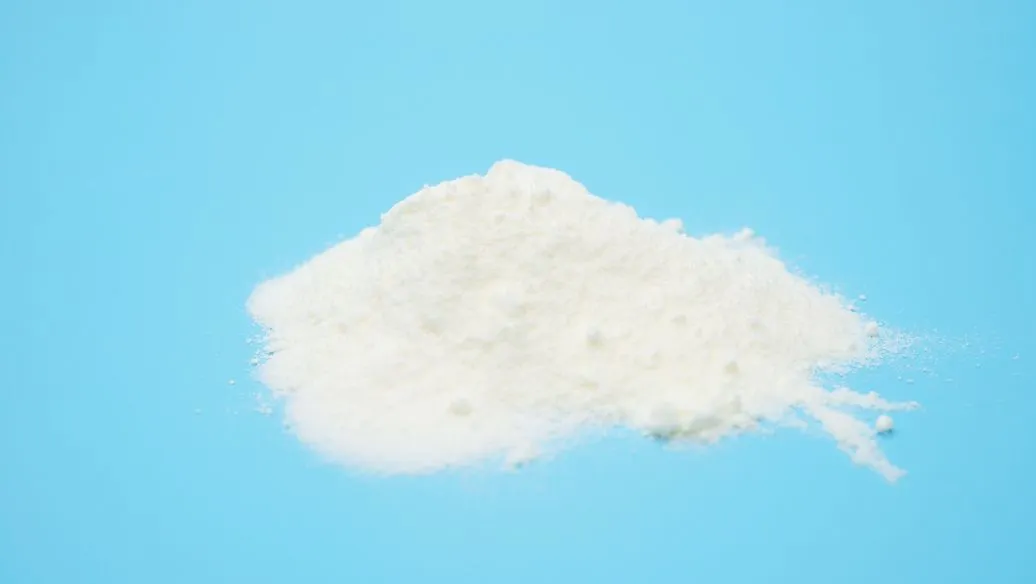
Wholesale Gypsum Set Retarder XYSJN1 and Antifoaming Agents: A Complete Industrial Guide
Industrial processes often require specialized additives to optimize performance, reduce waste, and maintain consistent quality. In construction, materials like wholesale gypsum set retarder XYSJN1 ensure smoother operations and flexible application times. Meanwhile, in pharmaceuticals, automotive, food, and wastewater industries, foam is a recurring problem solved by антивспениватель technologies. Understanding the role of antifoam and defoamer products—ranging from силиконовый пеногаситель options to natural defoaming agent solutions—helps businesses choose the right additives. This article explores both gypsum retarders and foam-control chemicals, highlighting practical applications and примеры пеногасителей.

Wholesale Gypsum Set Retarder XYSJN1 in Construction
Why Set Retarders Are Important
Gypsum is a widely used material in cement, plaster, and wallboard. However, it sets rapidly when mixed with water, which can cause issues during transportation and application. Wholesale gypsum set retarder XYSJN1 solves this by slowing down the hydration process. This ensures workers have enough time for mixing, shaping, and finishing without worrying about premature hardening.

Advantages of Gypsum Retarder XYSJN1
Extended Workability – By delaying setting time, builders can apply plaster or cement evenly.
Reduced Waste – Materials won’t harden before application, minimizing loss.
Improved Surface Quality – Provides smooth finishes with fewer cracks.
Cost Efficiency – Buying wholesale gypsum set retarder XYSJN1 lowers per-unit cost for contractors and distributors.
This additive is especially useful in large construction projects, prefabrication plants, and manufacturing of plasterboards, where precise timing and quality control are critical.
Understanding Antifoaming Agents and Their Industrial Applications
Foam may look harmless, but in industrial processes, it can trap air, block pipelines, reduce efficiency, and compromise product consistency. That’s why companies rely on антивспениватель и defoaming agents to control foam effectively.
Types of Antifoaming Agents
Antifoams are categorized based on their composition and application. Here are the main types and antifoaming agents examples:
Silicon Antifoaming Agent
A силиконовый пеногаситель is one of the most powerful solutions. It reduces surface tension quickly, collapses foam, and works well in harsh conditions. Common uses include textiles, oil refining, and wastewater treatment.
Organic Anti Foaming Agent
An органический антивспениватель is derived from hydrocarbons, fatty acids, or alcohol derivatives. It is especially suitable for food, pharmaceutical, and cosmetic industries where non-silicone solutions are required.
Natural Anti Foaming Agent
With sustainability gaining importance, natural antifoaming agents are increasingly popular. A natural anti foaming agent may be derived from plant oils or waxes. A natural defoaming agent is particularly valued in organic food production, brewing, and eco-friendly cleaning products.
Powdered and Emulsion Antifoams
Depending on the application, powdered forms work in dry processes such as cement manufacturing, while emulsions are effective in liquid systems such as fermentation tanks.
Together, these options form part of the antifoaming agents list that industries use to select the best solution for specific needs.
Anti Foaming Agent Uses Across Industries
Anti Foaming Agent for Coolant
In the automotive and machining industries, coolants are prone to foam, which can trap air, reduce heat transfer, and damage pumps. An anti foaming agent for coolant eliminates these issues, ensuring efficient lubrication and extended engine or tool life.
Anti Foaming Agent Pharmaceutical
Foam often forms during fermentation, blending, or drug formulation. An пеногаситель фармацевтический ensures consistent batch quality, compliance with safety standards, and efficient production.
Food and Beverage Processing
Foam during beverage production, dairy processing, or juice concentration can lead to contamination and quality loss. Here, natural antifoaming agents or органический антивспениватель options are preferred for safety and purity.
Chemical Manufacturing
In reactors and mixing tanks, foam can reduce yields and affect chemical reactions. Anti foaming chemicals or antifoaming chemicals such as silicone or polyether agents help maintain process stability.
Wastewater Treatment
Foam generated in aeration tanks or filtration systems can overflow and disrupt operations. Antifoam and defoamer solutions break bubbles and keep systems efficient.
Examples of Anti Foaming Agent in Action
Silicone antifoams in paper mills.
Polyether defoamers in fermentation.
Mineral-oil based agents in coatings.
Natural defoaming agent in brewing.
These examples of antifoaming agents show their adaptability across sectors.
Conclusion: Building Efficiency and Foam Control Together
From construction to pharmaceuticals, specialized additives make industries more efficient and cost-effective. Wholesale gypsum set retarder XYSJN1 provides flexibility and quality in gypsum and cement applications. At the same time, антивспениватель technologies—from силиконовый пеногаситель products to natural defoaming agent solutions—ensure smooth production, higher output, and improved product quality.
By consulting an antifoaming agents list and considering specific requirements such as anti foaming agent for coolant or пеногаситель фармацевтический, businesses can select the best option for their industry. Ultimately, both gypsum retarders and foam-control additives play an essential role in modern manufacturing and sustainable industrial practices.
FAQs About Gypsum Retarder and Antifoaming Agents
1. What is Wholesale Gypsum Set Retarder XYSJN1 Used For?
Wholesale gypsum set retarder XYSJN1 is used to slow down the setting time of gypsum and cement products. It improves workability, reduces waste, and ensures smoother finishes in construction.
2. What Are the Types of Antifoaming Agents?
The main types of antifoaming agents include silicone-based, organic, natural, powdered, and emulsion types. Each is suited for specific industries such as wastewater treatment, pharmaceuticals, and food processing.
3. What Are Some Antifoaming Agents Examples?
Antifoaming agents examples include silicone antifoams for wastewater, organic antifoams for food, and natural defoaming agents for eco-friendly beverages. These fall under broader categories in an antifoaming agents list.
4. Where Are Anti Foaming Agents Commonly Used?
Anti foaming agent uses include automotive coolants, drug manufacturing, food and beverage processing, chemical reactors, and wastewater systems. Both anti foaming chemicals and natural alternatives are applied based on industry needs.
5. Are There Eco-Friendly Natural Antifoaming Agents?
Yes. Natural antifoaming agents such as vegetable oils and waxes are increasingly used in sustainable industries. A natural anti foaming agent or natural defoaming agent is ideal for organic food, beverages, and green cleaning solutions.
-
Hydroxypropyl Starch as a Sustainable Construction AdditiveNewsNov.24,2025
-
The Gelation Properties of CMCNewsNov.21,2025
-
Redispersible Latex Powder and Water Retention CapacityNewsNov.21,2025
-
Dosage Control for Polycarboxylate Water ReducerNewsNov.21,2025
-
Film-Forming Properties of Polyvinyl AlcoholNewsNov.21,2025
-
The Function of Gypsum Additives in MortarNewsNov.21,2025





















